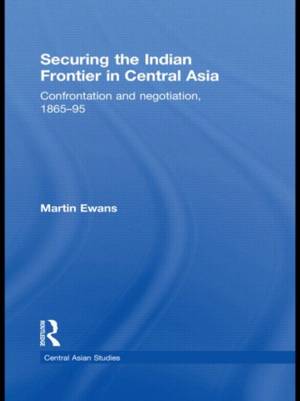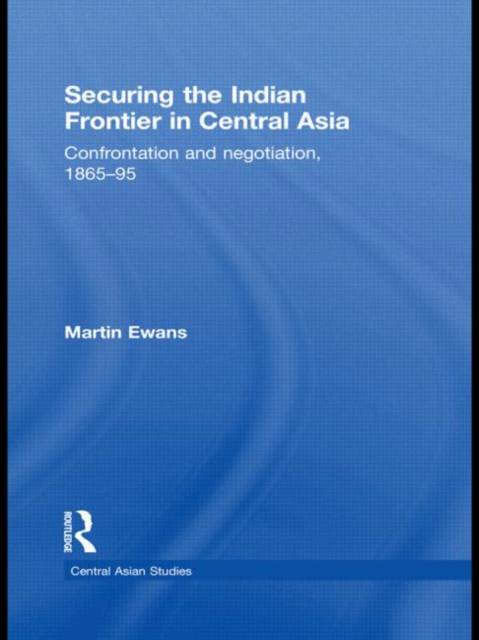
- Afhalen na 1 uur in een winkel met voorraad
- Gratis thuislevering in België vanaf € 30
- Ruim aanbod met 7 miljoen producten
- Afhalen na 1 uur in een winkel met voorraad
- Gratis thuislevering in België vanaf € 30
- Ruim aanbod met 7 miljoen producten
Omschrijving
The three decades between 1865 and 1895 marked a particularly contentious period in the relationship between Britain and Russia in Central Asia, which more than once brought them to the verge of war. Moderates tried to settle the problem by the negotiation of 'neutral zones', or firm boundaries, but the issue was complicated by misreading of intentions, much internal confusion and dispute, and considerable ignorance of the geographical and geopolitical factors involved.
This careful and detailed analysis examines the strategic thinking and diplomatic discourse which underlay the whole period, and in particular of the succession of efforts to establish a frontier, which eventually brought the period to a close without a major confrontation being provoked. Based on relevant records in the PRO and the British Library, as well as private papers, press comment, parliamentary debates and other contemporary accounts, Sir Martin Ewans provides a 'history of thought' of this crucial period in Central Asia. He provides an insight into the manner in which issues of war and peace were handled in the 19th Century and a fascinating case study of a great power relationship prior to the First World War. An important contribution to the study of Asian history, Tsarist Russia, imperial history and the history of British India, this book will also be of interest in India and Pakistan as a study of the events that led to the definition and consolidation of their northern frontiers.
Specificaties
Betrokkenen
- Auteur(s):
- Uitgeverij:
Inhoud
- Aantal bladzijden:
- 208
- Taal:
- Engels
- Reeks:
Eigenschappen
- Productcode (EAN):
- 9780415496810
- Verschijningsdatum:
- 1/04/2010
- Uitvoering:
- Hardcover
- Formaat:
- Genaaid
- Afmetingen:
- 156 mm x 233 mm
- Gewicht:
- 539 g

Alleen bij Standaard Boekhandel
Beoordelingen
We publiceren alleen reviews die voldoen aan de voorwaarden voor reviews. Bekijk onze voorwaarden voor reviews.











